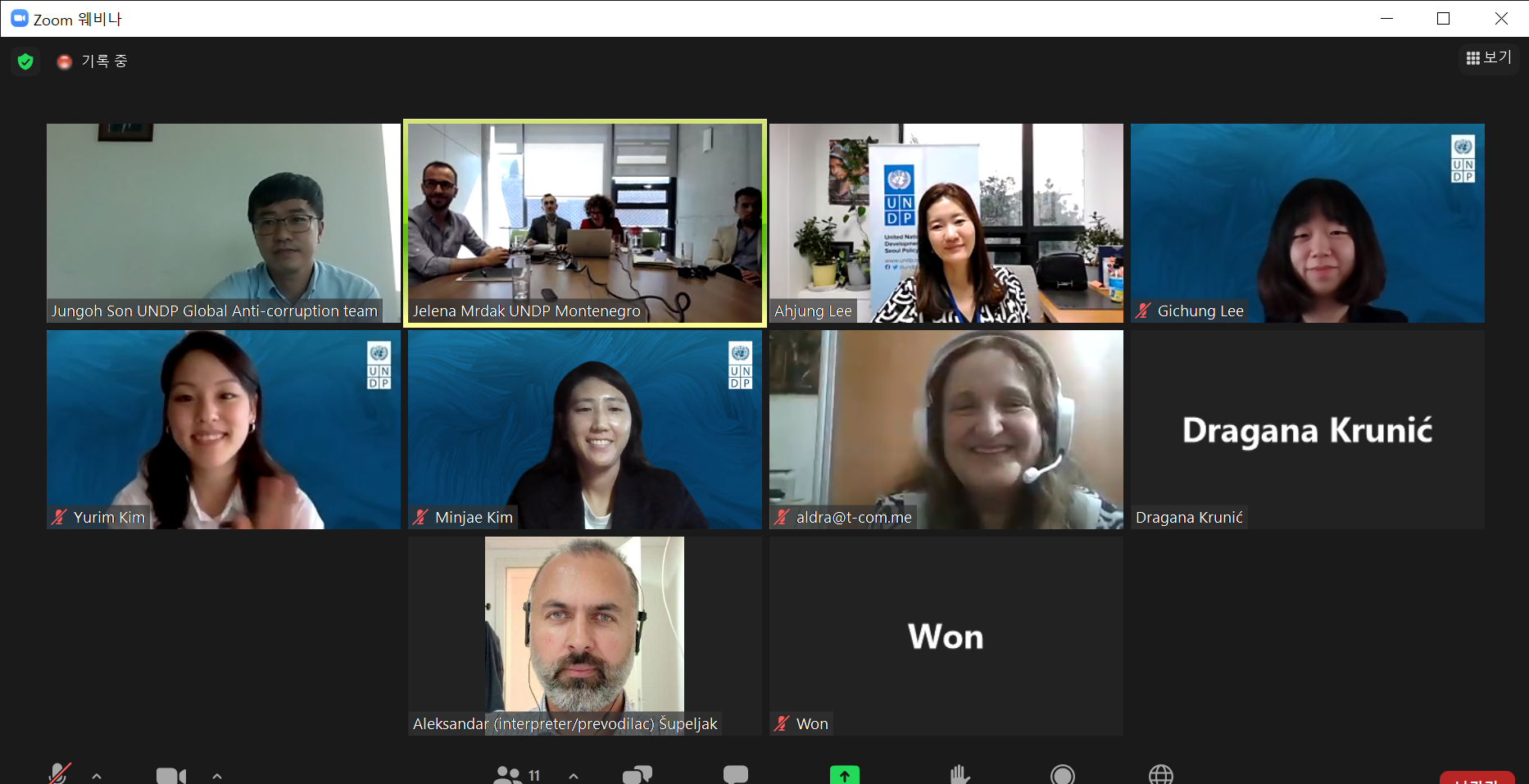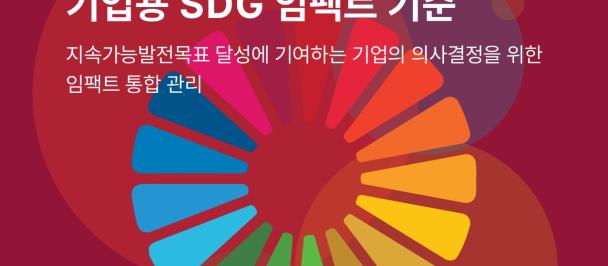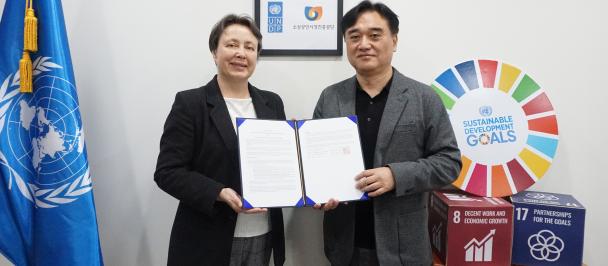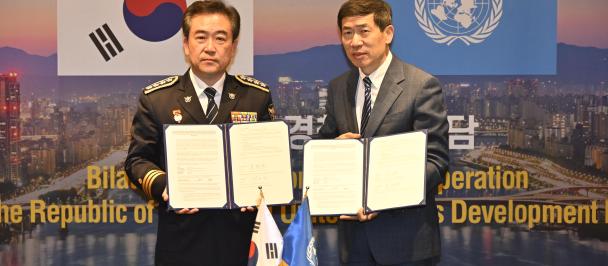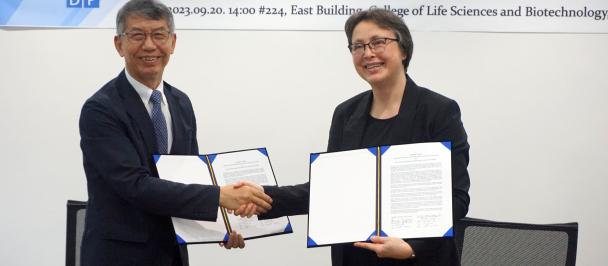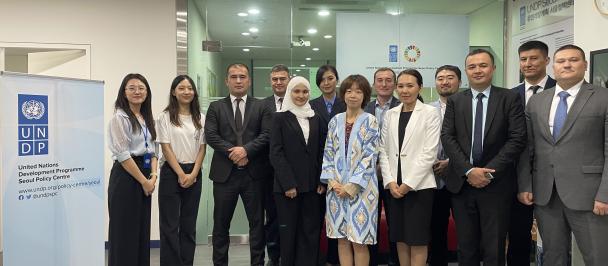UNDP Seoul Policy Centre (USPC) organized a webinar presenting Korea’s Anti-corruption Initiative Assessment (AIA) and the Lessons Learned from its implementation. The occasion brought together colleagues from UNDP Montenegro as well as the anti-corruption institutions from each country, namely the Anti-corruption & Civil Rights Commission (ACRC) of the Republic of Korea and the Agency for Prevention of Corruption (APC) of Montenegro. The webinar took place on 2 September 2021 as part of USPC’s SDG partnership* on Transparency and Accountability.
In the Republic of Korea, ACRC introduced AIA as an assessment tool to qualitatively and quantitatively assess how organizations follow up on ACRC’s anti-corruption guidelines to constitute various institutional mechanisms to prevent and fight corruption. ACRC evaluates participating organizations on an annual basis, and each year, all scores are publicized and organizations are ranked. AIA has thus become a motivational tool for heads of public institutions in Korea to put in place and improve institutional measures for preventing corruption.
While Montenegro has an existing mechanism and legal basis obligating public authorities to regularly submit Integrity Plans to APC, the Agency seeks to further enhance the efficiency of its tool. Thus, the webinar aimed to share ACRC’s accumulated experience and knowledge on developing indicators, setting incentives for participating organizations, dealing with appeals and collecting evidence to the Montenegrin partners.
Ms. Jelena Mrdak, Programme Manager at UNDP Montenegrohighlighted that “one of the key accommodations from the side of the European Union is that [Montenegro] needs to assess the practical impact of its Integrity Plans.”. She acknowledged how the reference material on AIA prepared by ACRC and USPC had “triggered” the local partners to benchmark the Korean example. Ms. Ahjung Lee, Governance Portfolio Manager and Policy Specialist at USPC, stated that USPC is already “very impressed” with APC’s solid framework. She underlined how APC’s clear vision of benchmarking AIA by focusing on the indicators and reporting templates with evidence-based verification sets a solid basis “to boost public authorities to implement the anti-corruption measures”.
During the technical session, Ms. Gichung Lee, Policy Analyst at USPC, first outlined the core components of AIA. Mr. Jungoh Son, Anti-Corruption Policy Advisor and ACRC’s secondee to UNDP’s Global Anti-Corruption Team in Singapore, further elaborated on ACRC’s annual assessment report, the public presentation of its results and key lessons learned from knowledge sharing with other countries that have previously adopted ACRC’s tool to their local contexts. In turn, Mr. Marko Škerović, Advisor for Integrity Plans at APC, elaborated on its current framework and achievements since 2016, as well as remaining challenges for which APC expects AIA’s methodology to unfold its effects.
Partners concluded the fruitful knowledge exchange by reiterating the significance of continuous consultations to learn from the elements of AIA that could be incorporated in the Montenegrin tool to better combat institutional corruption.
* UNDP Seoul Policy Centre (USPC) shares Korea’s tested-and-proven policy tools with other countries through SDG Partnerships. SDG Partnerships provide a combination of support, including partnership development with Korean institutions, seed funding, technical assistance, and policy advisory services. It utilizes UNDP’s global policy network of country offices and the policy expertise and know-how of partner organizations such as ACRC.

 Locations
Locations